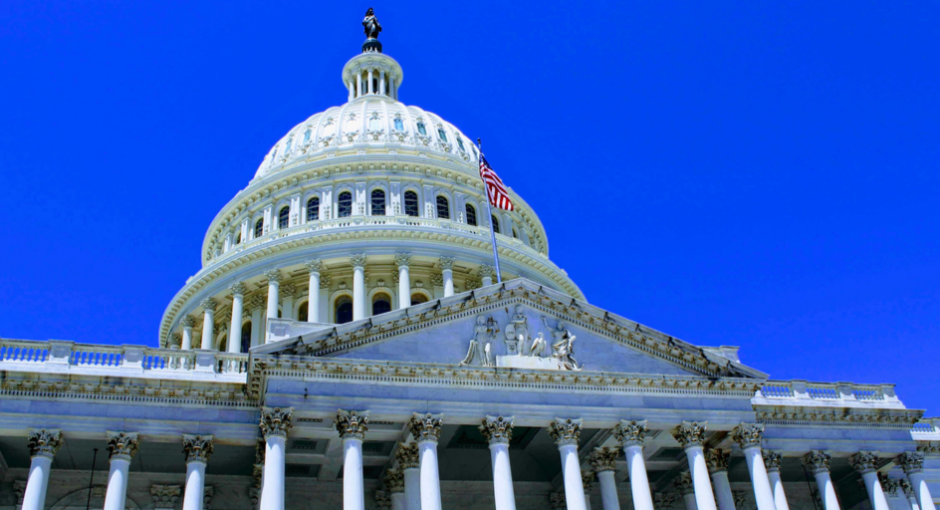The American Hospital Association (AHA) yesterday asked U.S. House and Senate party leaders to ensure that a must-pass spending bill next month protects hospitals from losing their 340B eligibility due to changes in patient and payer mix caused by the COVID-19 pandemic.
Federal fiscal year 2022 began Oct. 1 and none of the 12 regular appropriations bills have been enacted. Government funding is being provided for under a temporary catch-all spending bill that expires Feb. 18.
Disproportionate share (DSH) hospitals, children’s hospitals, and free-standing cancer hospitals must maintain a Medicare DSH adjustment percentage greater than 11.75% to stay eligible for 340B. Rural referral centers and sole community hospitals must maintain a percentage equal to or greater than 8%. Some hospitals have complained that those levels have or could dip through no fault of their own during the pandemic.
Bipartisan bills have been introduced in the House and Senate in this session of Congress and the last one to waive the DSH adjudgment percentage eligibility requirement during the pandemic. As a practical matter, the legislation’s only hope of becoming law is as an amendment to a must-pass bill. The House bill has 34 sponsors (18 Democrats and 16 Republicans). The Senate version has 29 (15 Democrats and 14 Republicans.)
“Hospitals should not be penalized by losing their 340B eligibility due to temporary payer mix changes that were a direct result of the COVID-19 pandemic,” AHA Executive Vice President Stacey Hughes said in the group’s Jan. 19 letter to Congress. “Instead, programs like 340B that provide critical resources to hospitals should be safeguarded while hospitals continue to be on the front lines of the pandemic.”
AHA also asked Congress in the must-pass funding bill to quickly disperse remaining funding from the Provider Relief Fund and add $25 billion to the fund; extend Medicare sequester relief; and give hospitals more time to repay accelerated and advance Medicare payments.


